Alsace is a gorgeous and underrated region nestled in eastern France, bordering Germany. This area shares a mix of French and German influences through their cuisine, architecture, and culture, and is known for its famous Christmas markets, wines, and charming villages.
The region’s main city of Strasbourg is the eighth largest city in France and is roughly two hours away from the French capital of Paris. Strasbourg is also nicknamed the “Capitale de Nöel” (Capital of Christmas) globally and is considered one the best Christmas markets in Europe. It’s also one of the oldest Christmas markets, dating all the way back to 1570.
I’ve been to Strasbourg twice, once during the Christmas season in 2021 and most recently in September 2024. Both times, my trip has been amazing, and Alsace is a region I fully enjoy and see myself revisiting in the near future.
If you’re planning a trip to the Alsace region in the future, here are 6 things you should know.
1. When to Visit Alsace
Many people visit Strasbourg solely for the Christmas markets in November and December due to their popularity. However, this is when prices are the highest and accommodation rates skyrocket.
 The Christmas Markets cause prices to skyrocket in Alsace
The Christmas Markets cause prices to skyrocket in AlsaceAn alternative time to visit the region is during the summer and autumn months for pleasant warm weather and reduced costs. There’s still plenty to see and do in Alsace during these months, plus this is also when the region’s flowers are still in bloom!
Additionally, if you’d like to build a visit to Alsace into a longer itinerary, it makes for a great multi-day stop enroute to Munich’s annual Oktoberfest celebrations in September.
2. Christmas Markets
The first time I visited Strasbourg was in December 2021 for their Christmas markets with my dog Cookie. I absolutely loved them and the fairytale-like atmosphere around the city.
During my visit, I felt a sense of nostalgia from my childhood as I walked down the heavily decorated streets. However, as the years go by and the post-pandemic travel boom has surged, prices in the area continue to grow, alongside the crowds of travellers each year.
To avoid the worst of the crowds and the prices, I recommend visiting the first week the Christmas Markets open, which is in November. The markets’ schedules vary each year, but they typically open around the same time the US celebrates Thanksgiving.
 Roaming the Christmas Markets with my dog Cookie
Roaming the Christmas Markets with my dog CookieIn 2024, Strasbourg’s Christmas market is scheduled to open on November 27, and Colmar’s Christmas market is scheduled to open on November 26.
If you’re planning to visit the markets in the future, you’ll want to book things as early as possible (likely by June or July) to get the best flights and accommodation rates.
If you’re looking to book in the fall, I recommend watching out for last minute deals on flights and hotels, and perhaps using your airline and hotel loyalty points to help reduce the cash costs of the trip.
3. Where to Stay in Alsace
If you’re planning to visit the surrounding areas of Strasbourg, such as Colmar, Eguisheim, Riquewihr, and Ribeauvillé, I recommend spending at least two nights in Strasbourg and three to four nights in Colmar. This way, you can explore the main city and the nearby villages without rushing.
 Eguisheim is worthy of a side trip
Eguisheim is worthy of a side tripColmar is a smaller city only 30-minutes away by train from Strasbourg. Many beautiful smaller villages are accessible from Colmar.
To get the most out of your visit, renting a car is recommended, but other options include taking the Kutzig hop-on-hop-off bus throughout the Alsace Wine Route or taking an Uber to wherever you’d like to go from the Colmar train station.
In terms of where to stay, both times I’ve visited Alsace, I stayed in Strasbourg at Hotel de l’Europe by HappyCulture, and I’ve always have a great experience.
The property is centrally located in the center of Strasbourg near Petite France and the Cathédral Notre-Dame-de-Strasbourg, and it makes for a great jumping off point to explore the city and region.
4. Cuisine in the Alsace Region
When you’re in Alsace, make sure you try the region’s most famous dish, Tarte Flambée (also called Flammekueche). It’s a thin flatbread consisting of cheese, cream, onions, and bacon.
Although it sounds like a heavy meal, it’s actually very light, making it a great choice for lunch!
 Tarte Flambée is a great choice for lunch
Tarte Flambée is a great choice for lunchOther staples in Alsatian cuisine include Coq au Riesling and Baeckaoffe. On my recent visit, I tried the Coq au Riesling with spätzle at Restaurant Gurtlerhoft and loved it!
The dish consists of chicken in a creamy mushroom sauce cooked with the region’s local riesling white wine. Restaurant Gurtlerhoft is located inside a cave, making it a unique experience for visiting travellers.
Wine is another famous staple in Alsatian cuisine. The region is known for its riesling wine and orange wine.
Interestingly, while both wines are actually white wines, orange wine was named after the unique color the wine turns when the skin of grapes are used as part of its production.
5. Set Your Wallet Up for Success
When you travel to Alsace, you’ll notice that American Express isn’t widely accepted, and in fact, most restaurants and shops prefer cash over any credit card.
For those of you who’d like to continue earning rewards while you travel through the region, I recommend carrying a couple different credit cards (Visas and Mastercards will have the highest acceptance rate) to allow you to earn and/or redeem a couple of different ways.
 You’re better off using a Visa or Mastercard when visiting the region
You’re better off using a Visa or Mastercard when visiting the regionIf you’re travelling from Canada, you may want to consider a card that offers zero foreign transaction fees, like the Scotiabank Passport® Visa Infinite* Card. This way you can save the 2.5% fee that’s charged by most Canadian credit cards.
Additionally, this card earns flexible Scene+ points, which you can use to offset the travel expenses you charge to the card at a rate of 1 cent (CAD) per point.
Alternatively, if you enjoy staying at Marriott properties when you travel, you may want to look at the Marriott Bonvoy Boundless Credit Card from Chase in the US, or in Canada, the Marriott Bonvoy American Express Card.
Either can help you enjoy free hotel stays on your trip since both earn welcome bonuses of Marriott Bonvoy points and offer Free Night Awards every year after the first year.
Otherwise, I recommend bringing a card that has a minimum spending requirement that you’re working to meet, as a vacation is naturally going to help you reach your target.
Scotiabank Passport® Visa Infinite* Card
6. Things to Do in the Alsace Region
Alsace offers several activities for visitors in the region.
In Strasbourg, the Cathédral Notre Dame and Petite France are popular sites to see and explore around. You can also take a boat ride throughout the canals and see Strasbourg from a different point of view.
In Colmar, you can explore the old town, go shopping for gourmet sweets like delicious chocolates, and even do a wine tasting. If the weather isn’t too cold, they also have boat rides around the main town for eight euros (cash only).
 Colmar’s main draw is its old town
Colmar’s main draw is its old townOn my recent trip to Alsace, I did a wine tasting at a locally owned shop specializing in regional wines, and they also offered some local cheeses and bread to go alongside the wines I tried. While I don’t remember the exact name of the shop, it’s near one of the boat ride stops along the canals in Colmar.
However, there’s dozens of wineries all over each city and village so I’m sure that you’ll have no trouble finding some amazing food, drinks, and experiences during your visit.
Conclusion
Alsace is a beautiful and underrated part of France, and I highly recommend that you add it to your list of places to visit.
With so much to see and do in the region, I’m confident you’ll enjoy your visit no matter your travel style and desires.
I hope this guide inspires you to take a trip to Alsace, and that it helps you plan your trip! If you do go, we’d love to hear about your experience and what you thought about this region of France.
Follow @princeoftravel on Instagram for more tips and stay tuned for more destination guides!

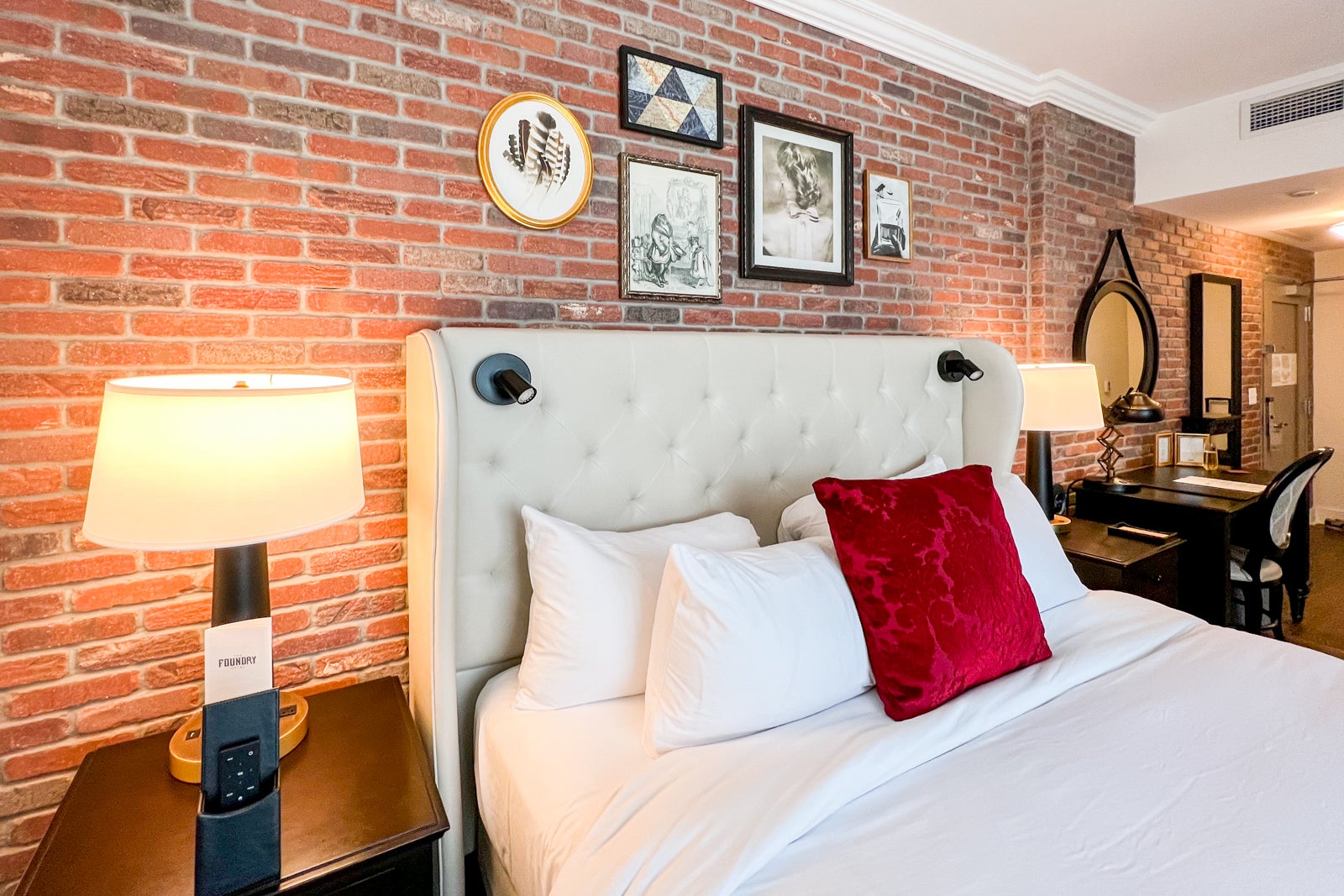
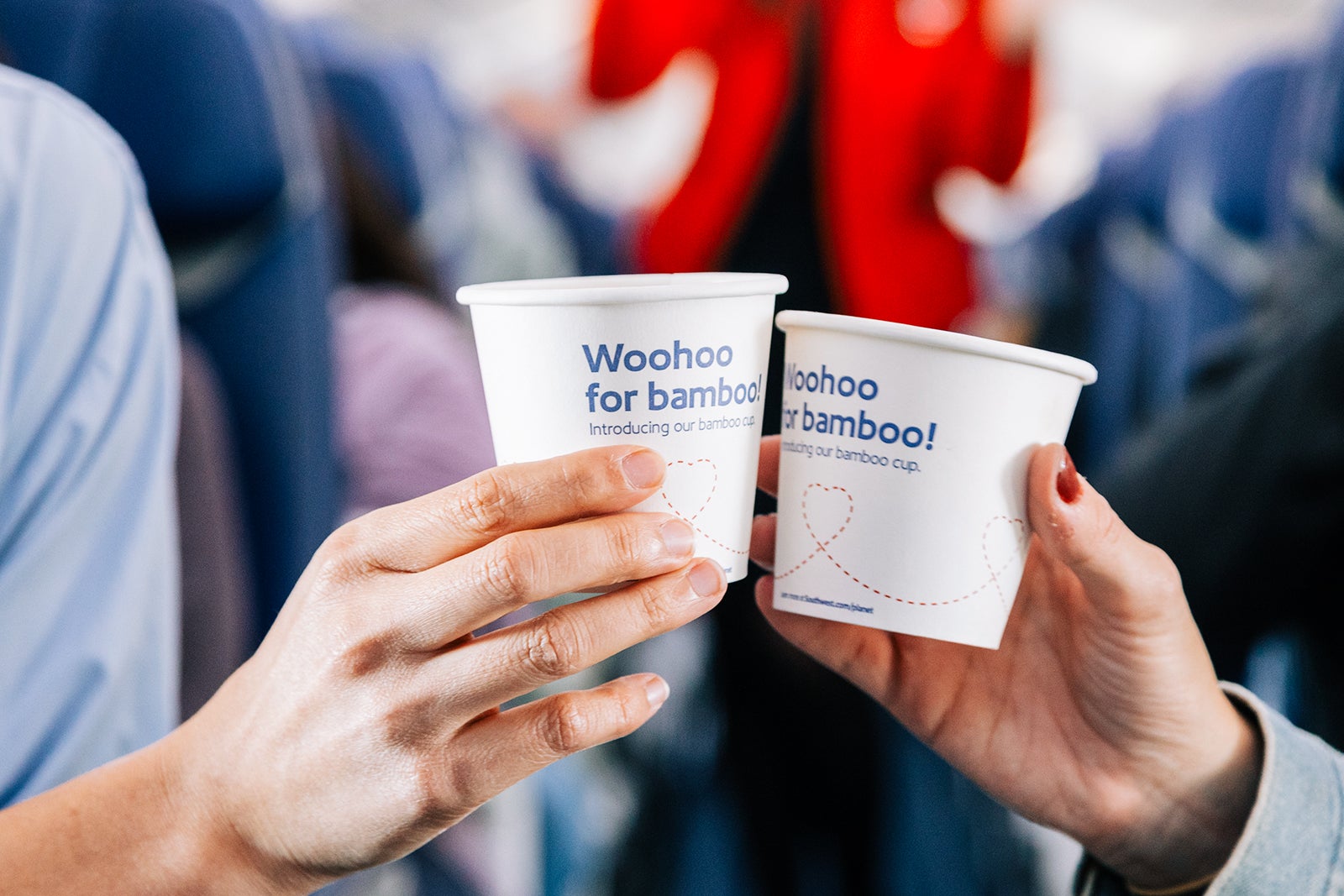
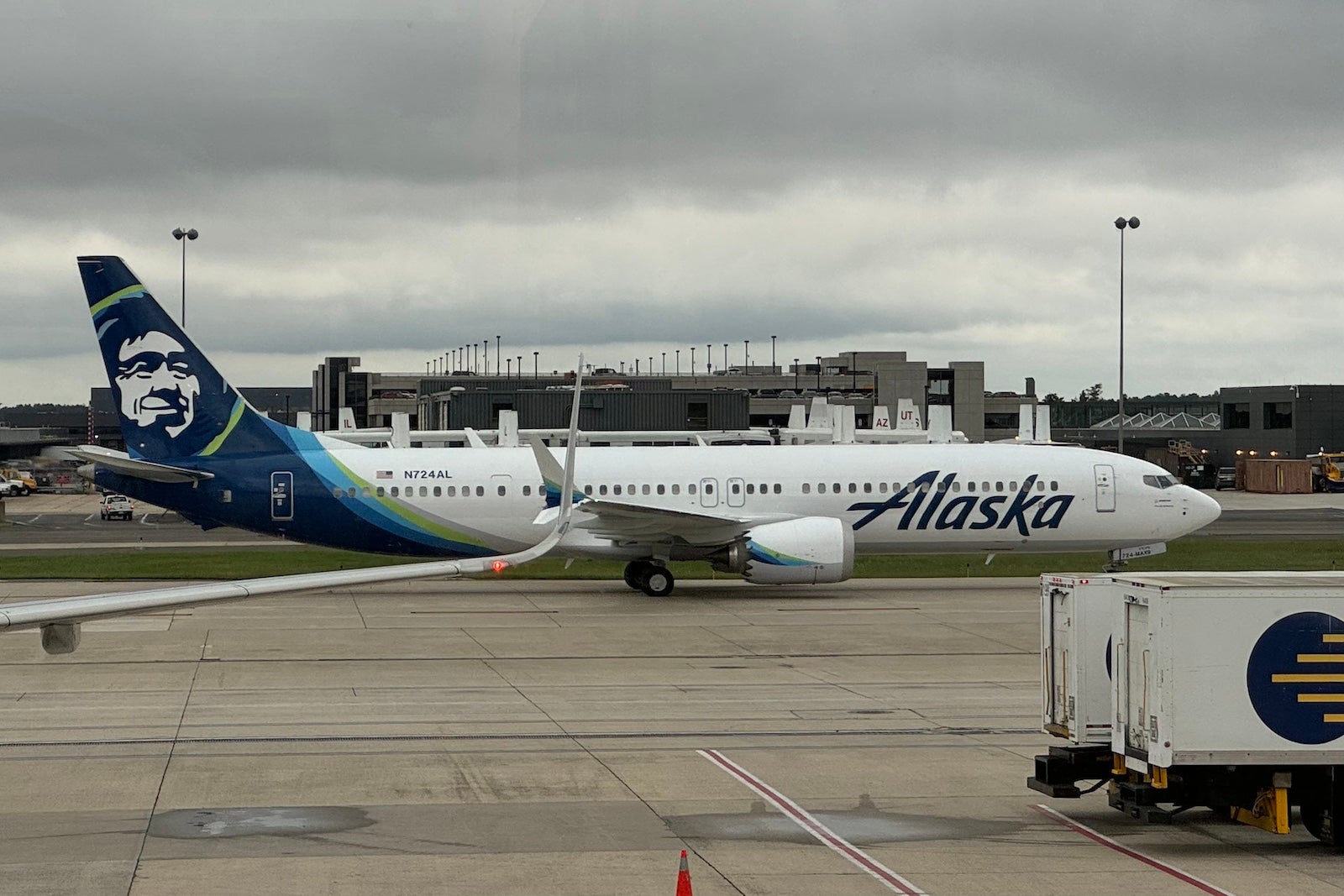
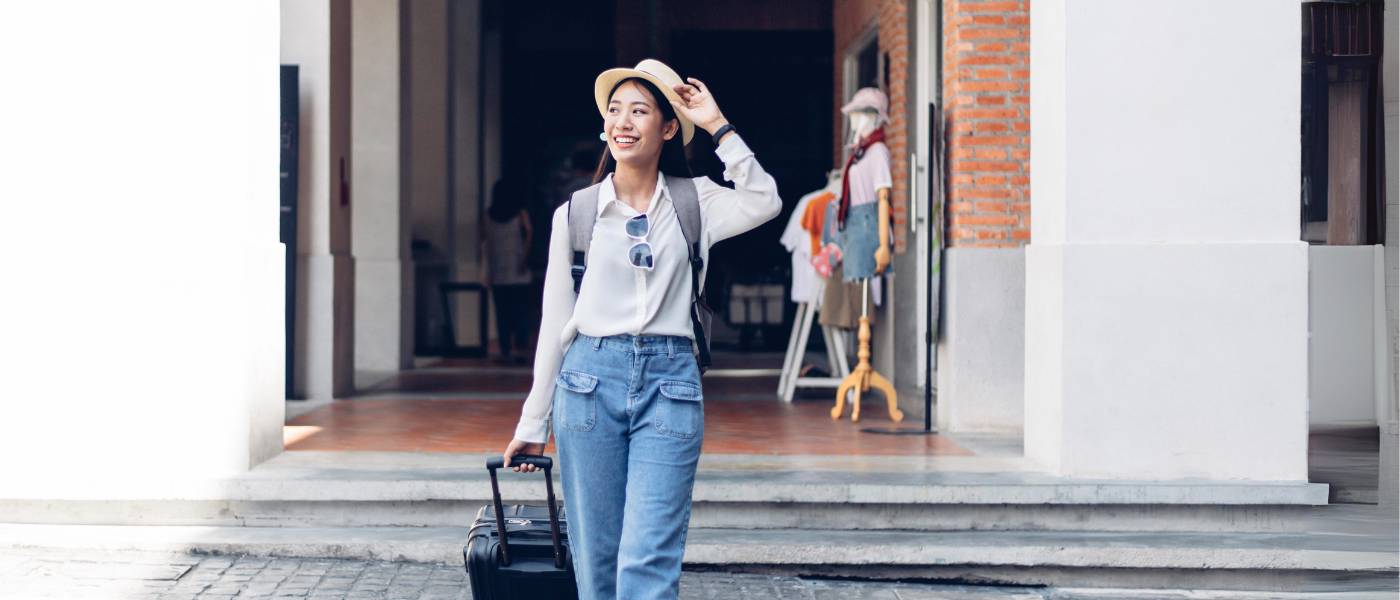


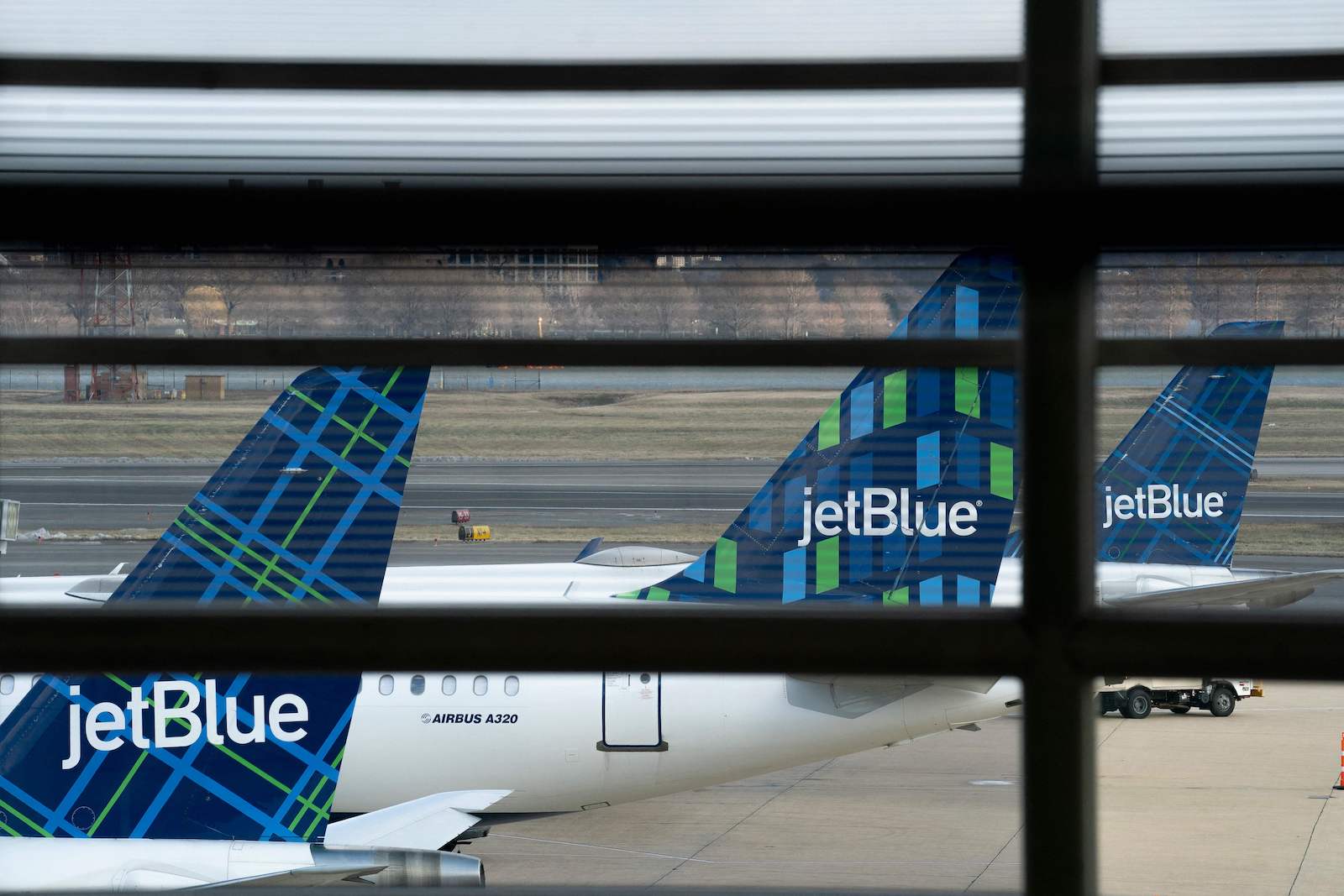
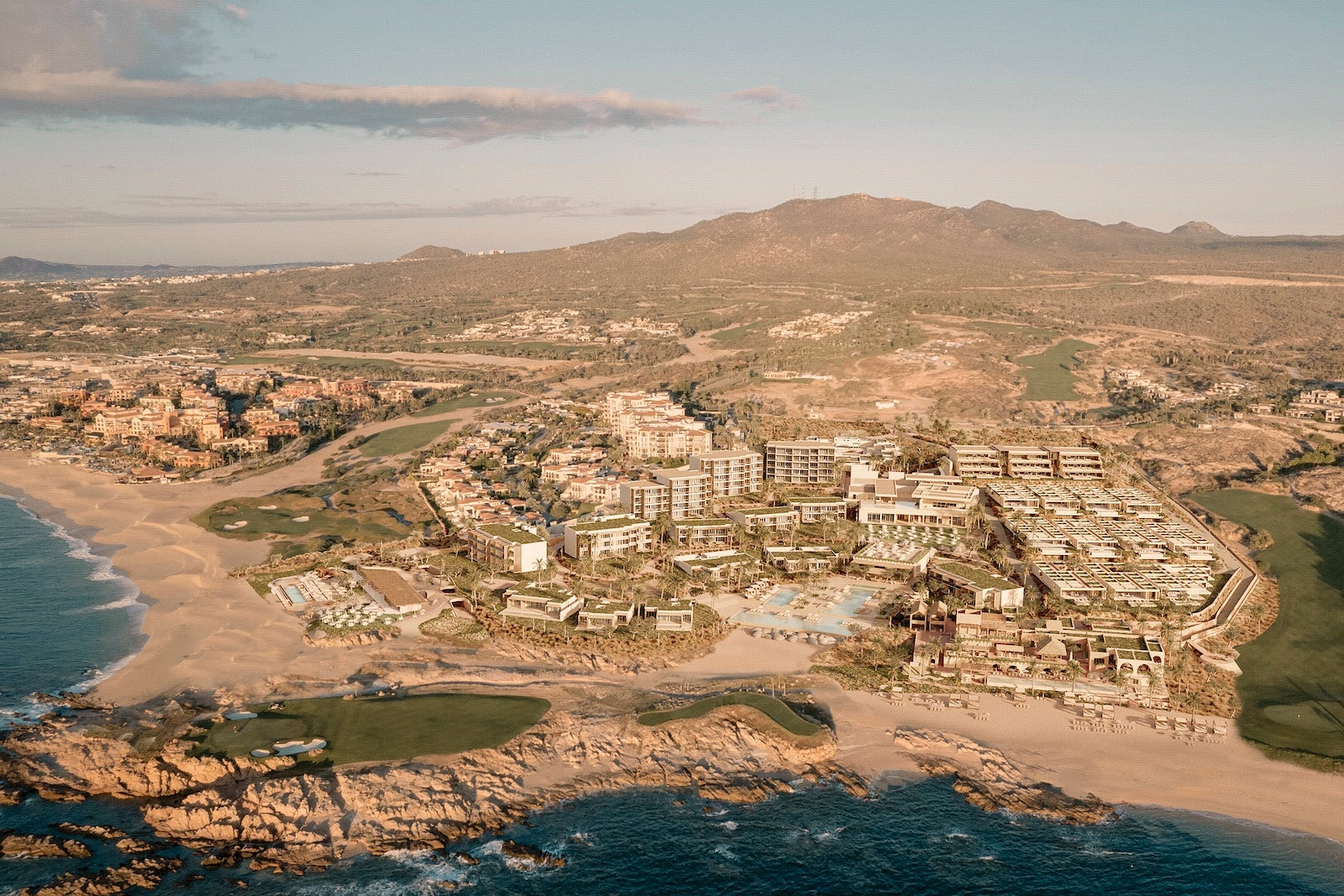


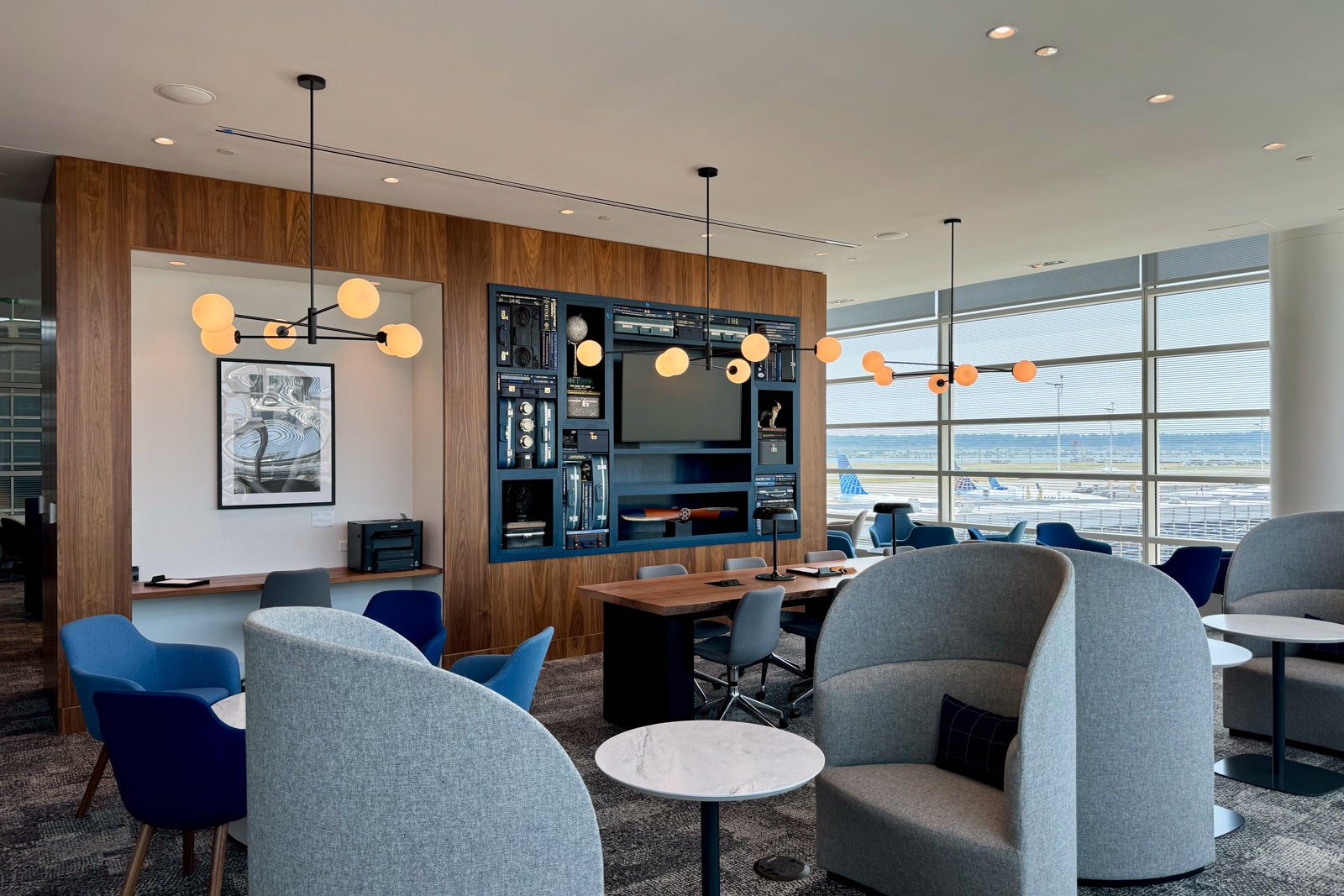
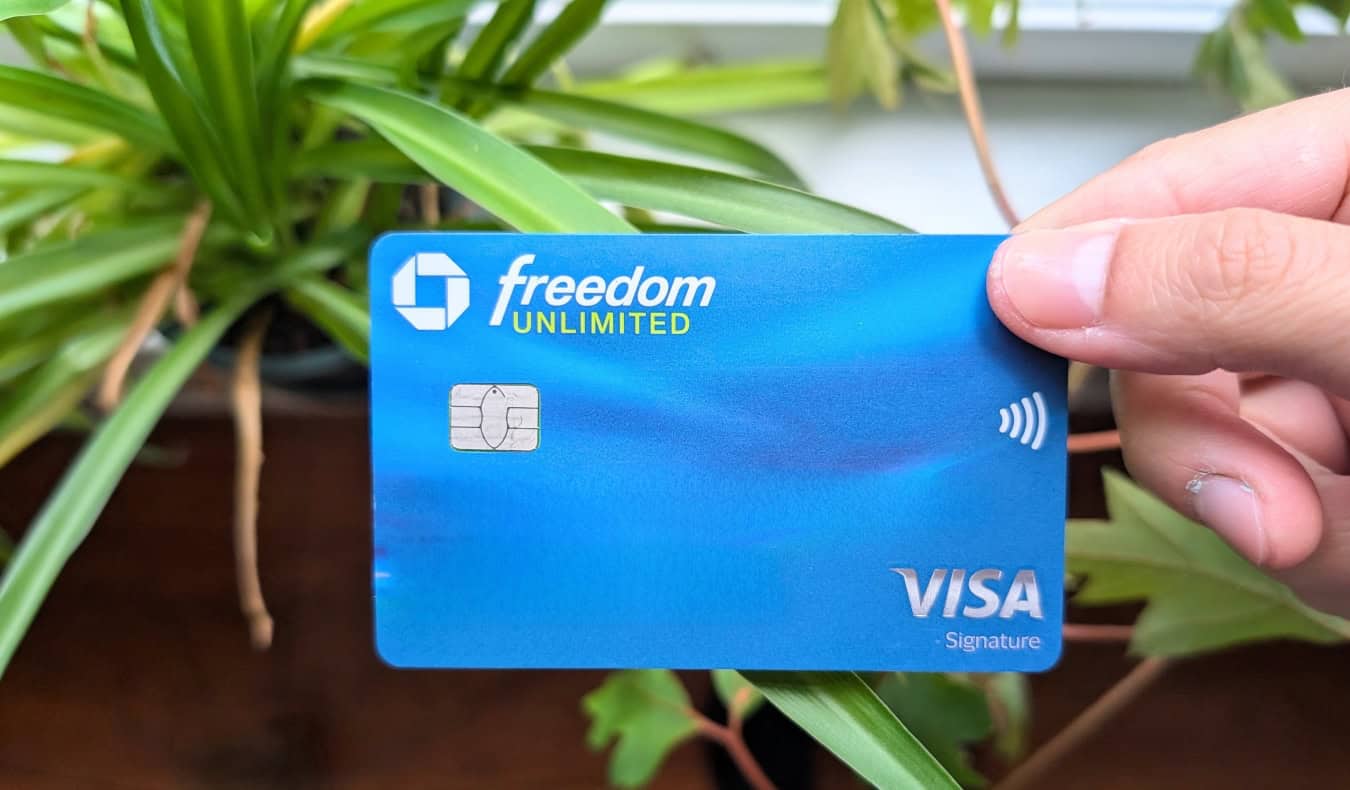
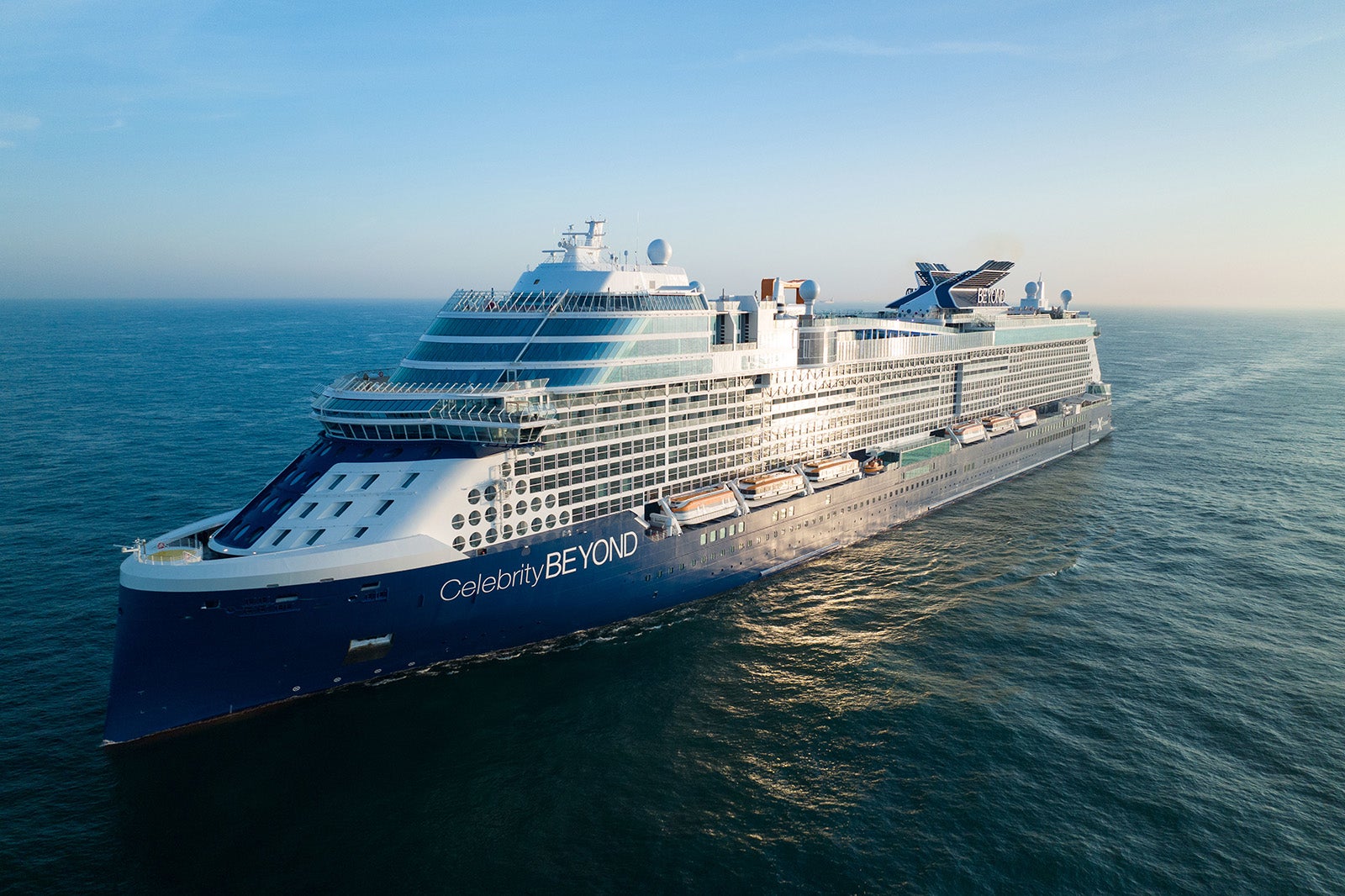
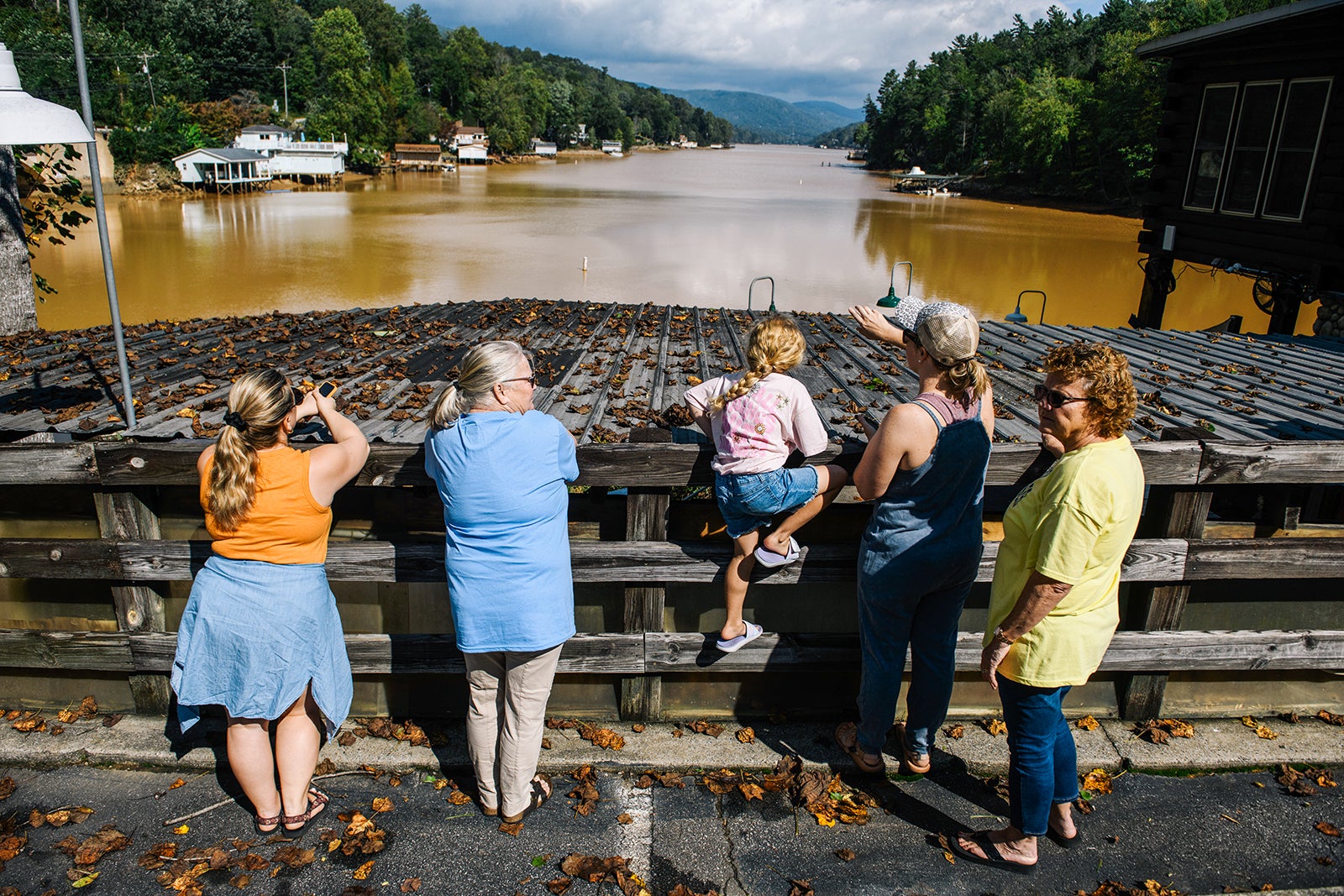
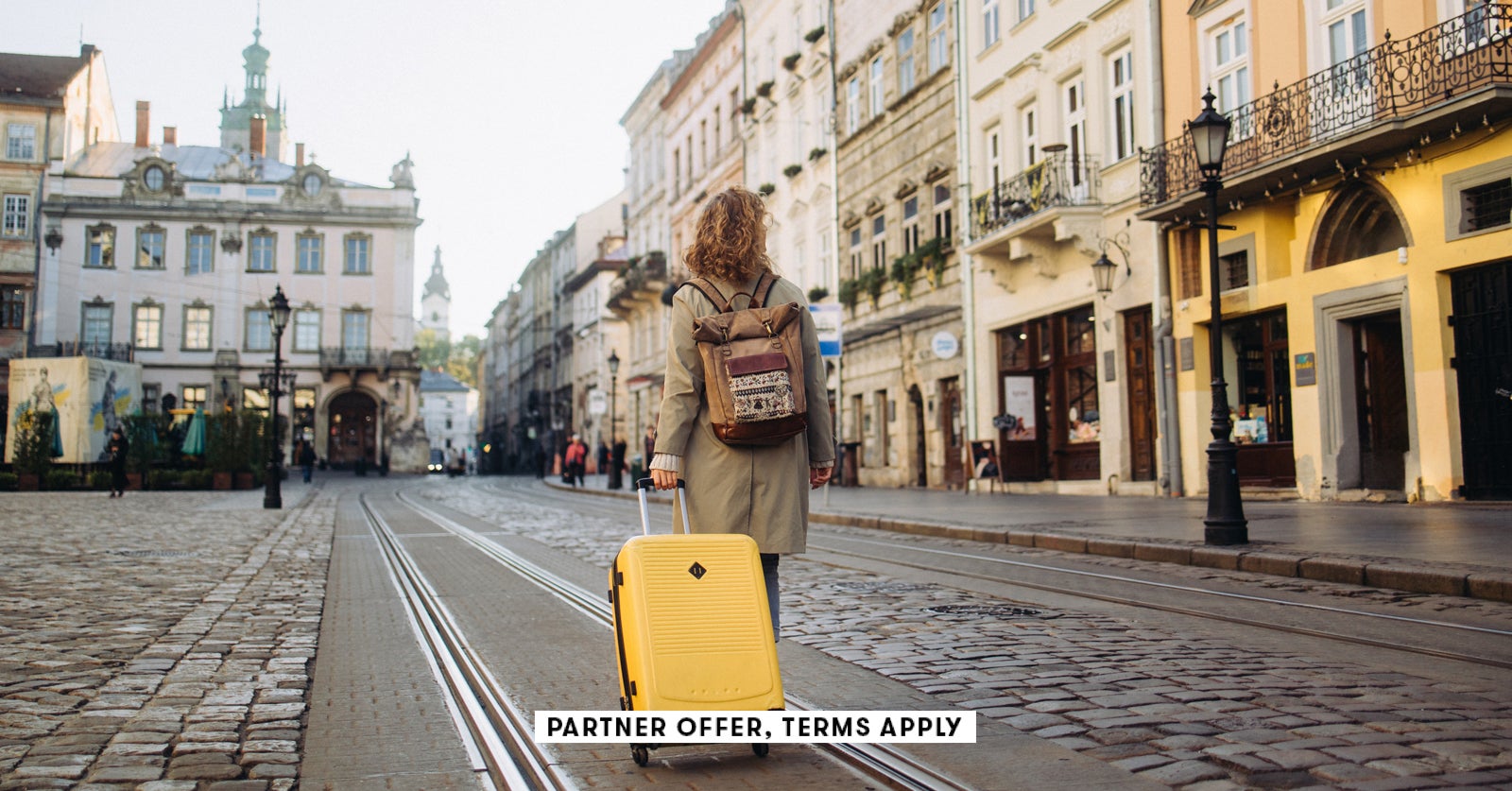

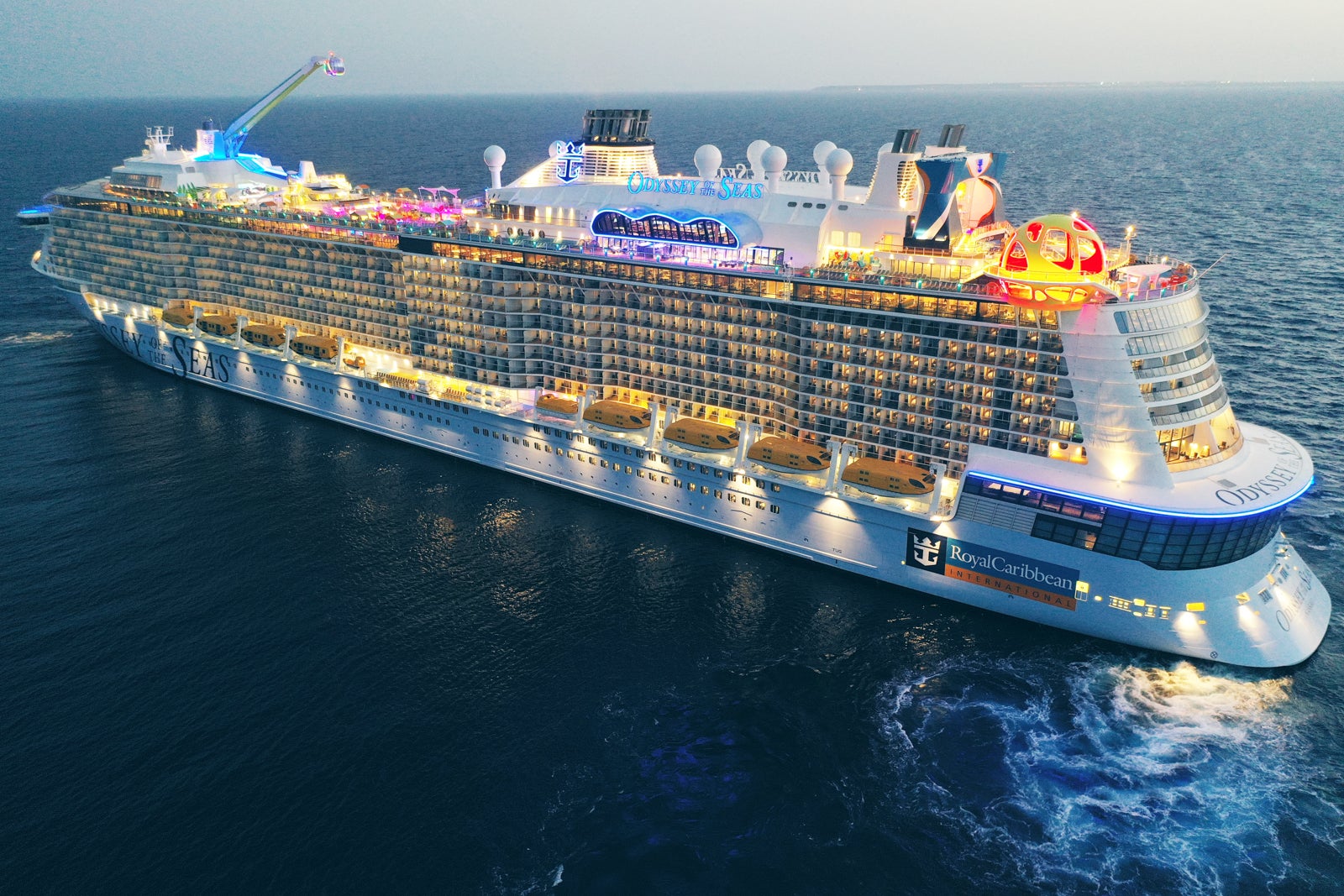
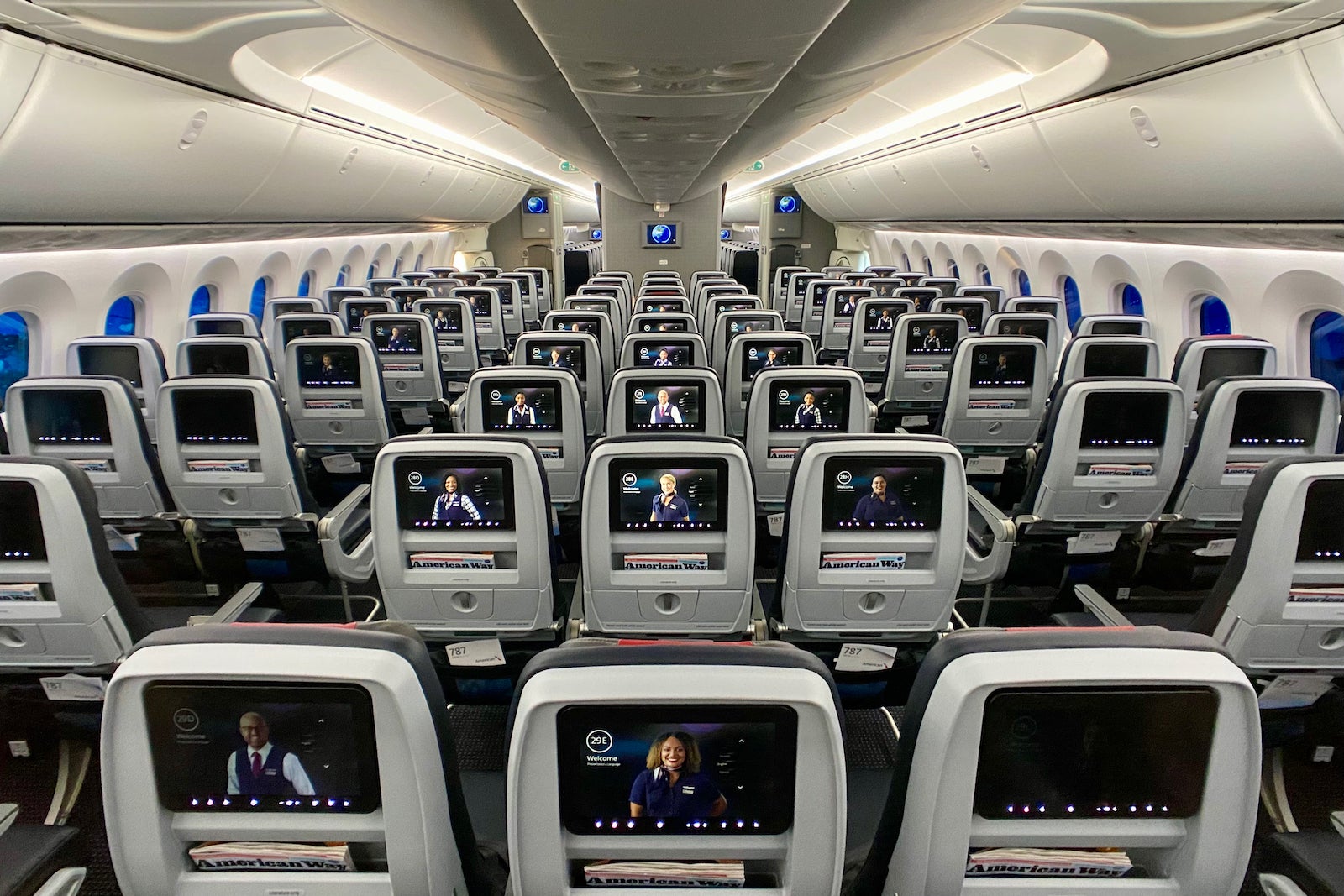
 English (US) ·
English (US) ·